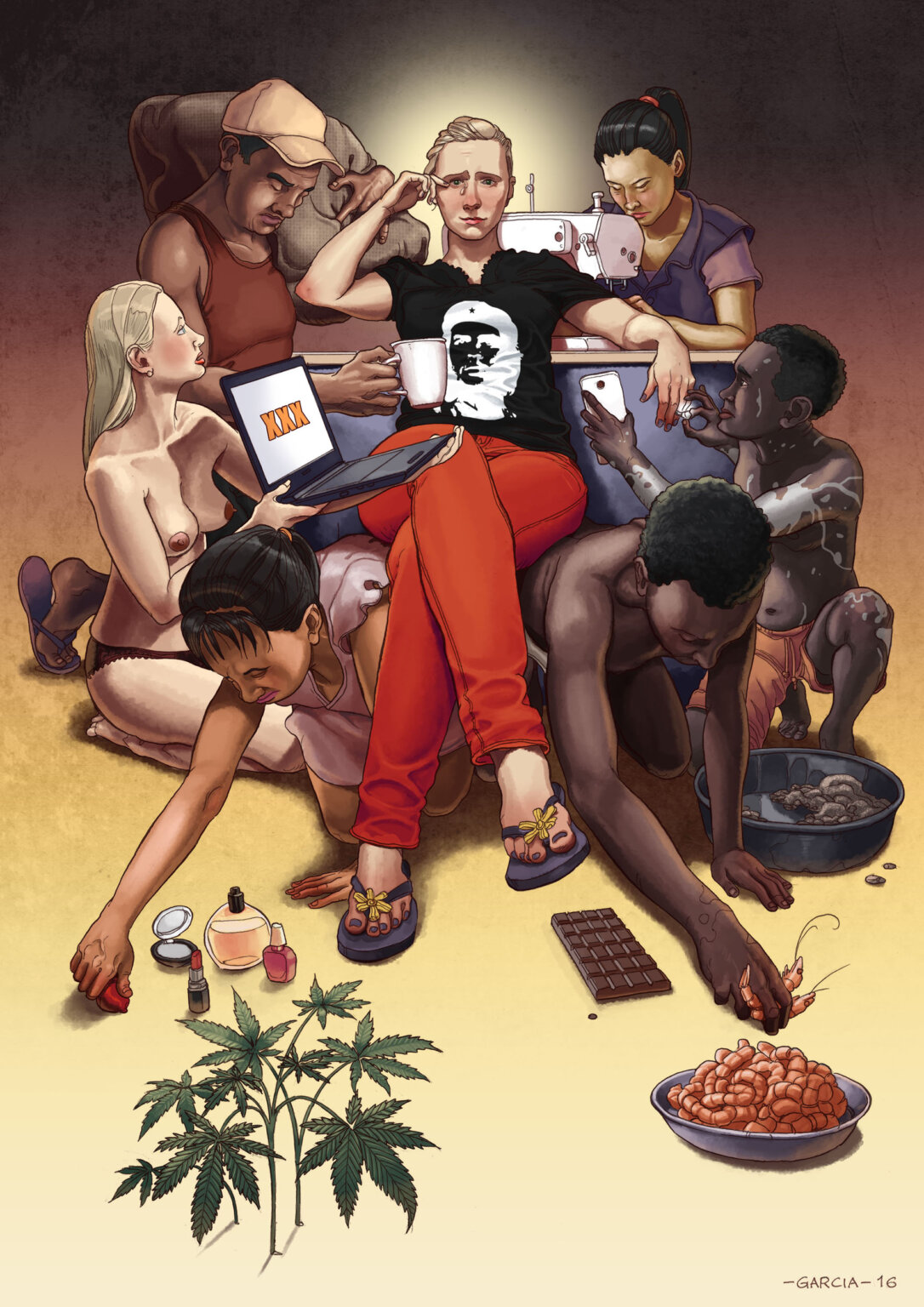- About
- Topics
- Story
- In-Depth
- Picks
- Opinion
- News
- Donate
- Signup for our newsletterOur Editors' Best Picks.Send
Read, Debate: Engage.
Each year more than 800,000 people are trafficked across international borders with a sizeable number coming from Africa.
To date, an estimated 40 million of them are said to be trapped in modern slavery having been pushed by conflict, disasters and poverty that has fanned the lucrative trade approximated to generate over $10 billion each year. The human trafficking business has mutated into a daring, brazen and sophisticated one and even held nations hostage.
But nowhere has it become more pronounced than in conflict zones where traffickers take advantage of the desperation and vulnerability of victims to lure them. Both children and adults end up as domestic workers, sex slaves or working in extremely dehumanising conditions.
Countries like Burundi that have been in conflict for decades have been identified as source countries for trafficked persons. There are approximately 346,000 Burundian refugees in neighbouring countries and 130,000 more internally displaced who remain easy targets.
It is therefore laudable that two new interventions announced in Burundi and Borno State in north-east Nigeria are looking at combining the efforts of numerous players to tackle the crisis that is now at epidemic proportions.
In Borno state, twenty organisations drew from the civil society, government, private sector and the affected people have come together to create a task force that will champion for inclusion of anti-trafficking measures in humanitarian response. This will ensure that victims have easier and safer mechanisms to report trafficking cases while identifying them before they happen, which was hard to implement before.
It is a landmark approach that now offers hope to a staggering 7 million people in that state alone who are in need of humanitarian assitance and who can easily fall in the hands of traffickers.
The same approach is being rolled out in Burundi but with a keen focus on strengthening government capacity to protect the victims, provide integration assistance and apprehend those in the trade.
With traffickers constantly changing tact to beat the system, anti-trafficking interventions should now be innovative enough to seal any loopholes that traffickers might want to exploit as has been the case before.
The new multi-sectoral focus on victims of conflict should be replicated in humanitarian situations the world over and given the global attention it deserves because such situations remain the perfect hunting ground for traffickers to bait their next victim.
